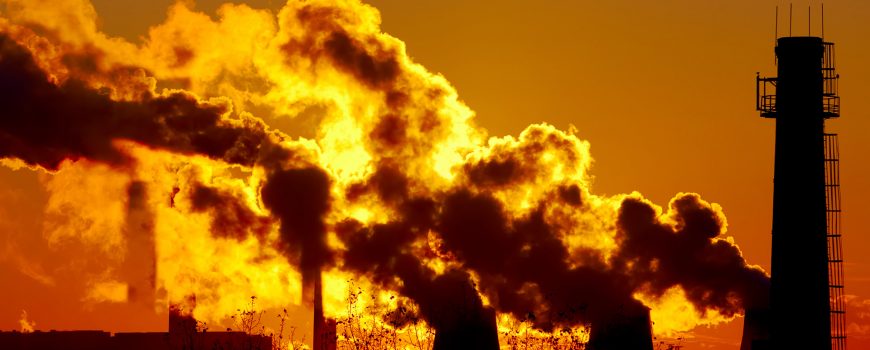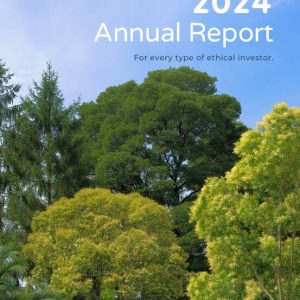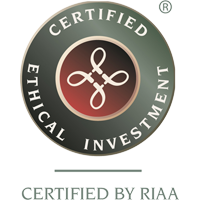Stranded assets could devalue your superannuation
If you are concerned about climate change, you would have heard Bill McKibben speak about the concept of unburnable carbon and divestment. This idea is really gathering momentum. Investment bank HSBC says in their recent report that Australia’s biggest mining groups could see the market value of their coal assets cut by nearly half – or more than $US20 billion. If that happens, it going to hurt these listed miners and their investors.
If you have investments in fossil fuels, divesting could make good financial sense. As the world moves to energy sources which have a smaller carbon footprint, the companies that extract fossil fuels may face large devaluations.
This represents a significant risk to your investments and your superannuation. A powerful way you can help the planet and help to protect your investments is by directing your money away from fossil fuels and towards positive investments. When you consider that for most Australians our biggest asset aside from our own home is our superannuation. You know that we are dealing with an important sum of money.
Using your money to support a better planet is not a new idea. Personally, I have been advising in this area for the last 7 years. Over that time, I have met lots of investors that want to support investments which make for a better planet and avoid those that are doing it harm. They also want to make money along the way. Investing ethically is not a charity.
Take Action!
So, how can you take action? I’m going to outline three different responses you can take. Firstly, stay where you are and engage. Secondly, make some changes. Thirdly, divest from fossil fuels. Let’s go through them.
1. Stay where you are and engage
Keep urging your super fund, your fund managers or your financial adviser to phase out fossil fuel exposure in your portfolio. Presently, Australians hold nearly $1 trillion dollars just in institutional superannuation funds. But hardly any Australians pay close attention to how their super fund is voting at shareholder meetings on their behalf. If you want to engage, here are some practical things you can do:
Write a letter expressing your concern to the Chair of the board or the Trustees of your super fund.
Call and ask for more information about their exposure to fossil fuels.
If your superannuation contributions go to an employer super fund like Unisuper or QSuper , try gathering signatures from your work colleagues. Write as a group to your employer to obtain an investment option that is fossil-fuel free.
Vote at annual meetings.
If you have a financial planner, you should call them and ask them to engage with the fossil fuel companies on your behalf. We do this for our clients.
What about nominating a candidate for the Board? For example, we supported the nomination by Ian Dunlop to fill a vacancy on the Board of BHP Billiton.
Make some changes
Reduce your exposure to fossil fuel companies. Make some partial sales.
Selectively divest those companies that have the highest levels of carbon reserves.
Retain only the companies that are demonstrating the greatest progress in reducing their exposure to fossil fuels or their carbon footprint.
Move to a more ethical / responsible investment option.
Does your super fund have an ethical / responsible investment option? Is it fossil fuel free? Unfortunately, many have investments in the companies you want to avoid – like Wesfarmers (which has coal mines), Woodside and BHP Billiton, for example. If you can choose a new super fund, then you need to consider what your responsible investment fund is actually investing in.
Read the Product Disclosure Statement put out by the super fund or investment fund, it will explain their investment methodology. You can find information about responsible investment funds on the RIAA website. Check the RIAA website. www.responsibleinvestment.org to see which members are certified by RIAA and read their investment methodology online. This might help as a starting point. But it is worth remembering that responsible investments are not all the same.
Being on the certification board for RIAA I can tell you that the investments we review do vary greatly in their investment mandates. Many of these funds do contain fossil fuels because this movement is relatively new. It’s difficult to research because it is a new industry and there is not alot of information out there. At Ethical Investment Advisers we can do it because it’s our specialisation and we have invested heavily in this area.
Divest from fossil fuels
If you are ready to divest from fossil fuels you will need to contact your super fund, fund manager or financial adviser. Before making this request you should make sure you are aware of any implications. When re-investing it makes sense that you ensure your new investments are fossil-fuel free. You may like some professional help.
So just to reflect, you do have options with your money. You can engage with companies, super funds, and financial advisers. You can divest from fossil fuels either fully or partially. Re-investing in sectors which are positioned for the future makes environmental and economic sense.
Author: Karen McLeod, Ethical Investment Advisers AFSL 276544.









